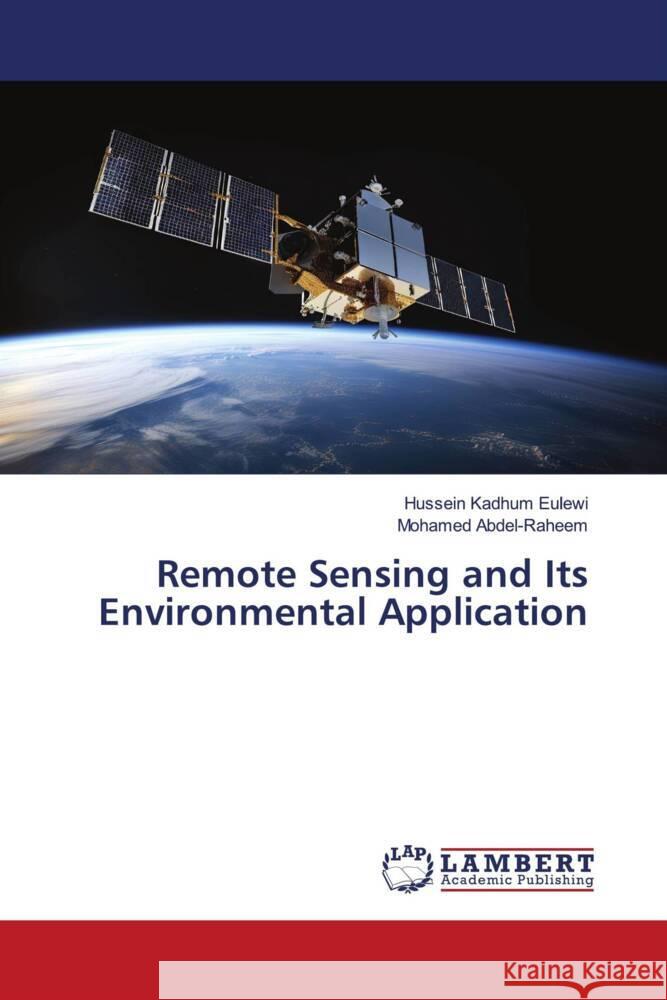Remote Sensing and Its Environmental Application » książka
Remote Sensing and Its Environmental Application
ISBN-13: 9786206780809 / Angielski / Miękka / 224 str.
In geospatial technology, remote sensing collects samples that are emitted through electromagnetic radiation and reflected from the Earth's atmospheric, terrestrial, and aquatic ecosystems. This allows for the detection and monitoring of the physical characteristics of an area without the need to make direct physical contact with the area. The radiation that is reflected or released by an item or the area around it may be gathered using passive sensors, which are sensors that react to external stimuli. Reflected sunlight is the most prevalent kind of radiation source that is monitored using passive remote sensing techniques. Charge-coupled devices, radiometers, film photography, and infrared are a few well-known examples of popular types of remote sensing. The study of the environment carried out at a distance via satellite imaging, aerial photography, and radar is a remote sensing environment. By taking readings of electromagnetic waves, remote sensors can obtain information. Publishing research findings on the theory, science, applications, and technology of remote sensing of the environment provides a service to the community of people who work in remote sensing.











